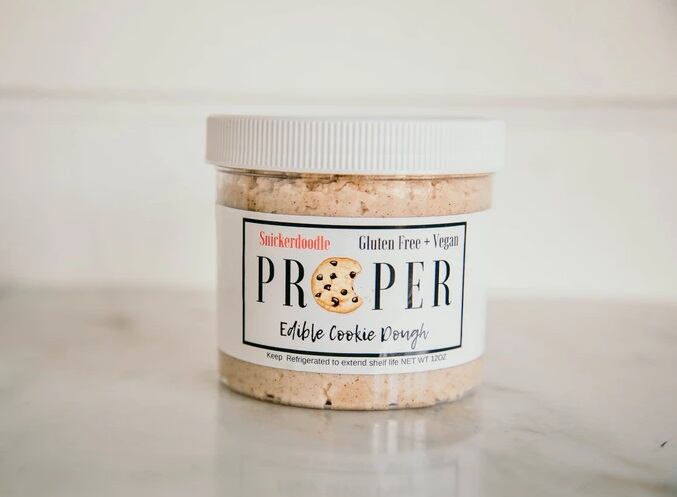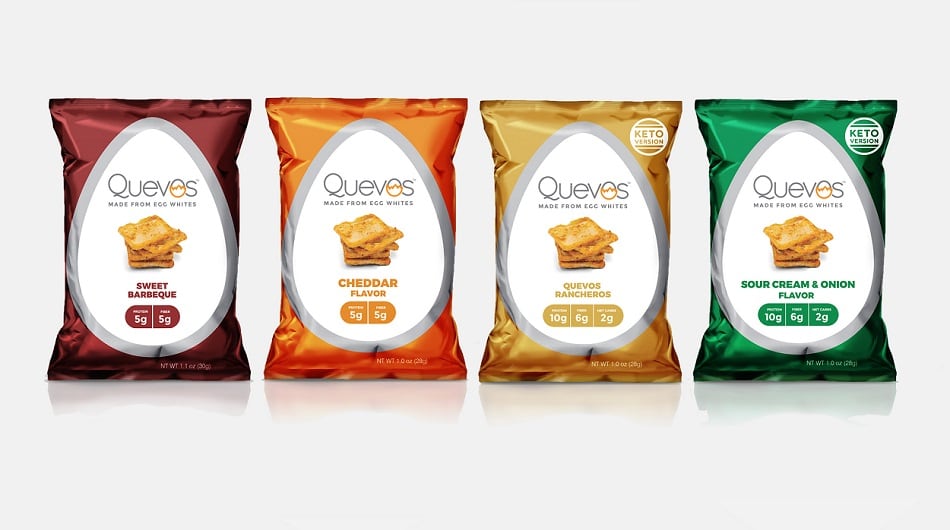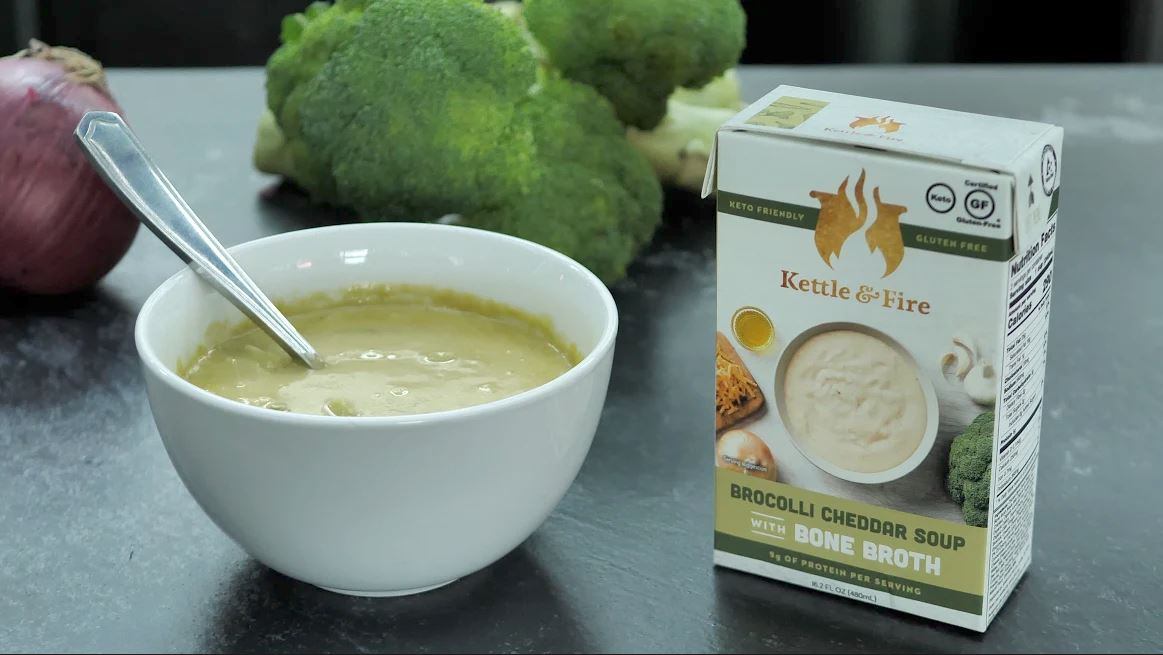Brittania Warren, a pastry chef who is raising funds on Kickstarter to perfect the recipes for her startup Proper Cookie Dough’s plant-based, allergen-friendly edible cookie dough, explained that for less than $10 a day spent on Facebook ads entrepreneurs can identify the key traits of their fan-base, which can help them build more effective marketing campaigns and distribution strategies on a shoestring budget.
She explained that entrepreneurs can identify who is interested in their product or brand by testing the reaction of different audiences on Facebook to a limited ad campaign that runs over no more than a three day period for at most $10. If an ad is hitting its target, it should generate a relevancy score of seven or higher, on a scale of 10, and it should have a high click-through-rate, she said.
“If it is lower than that and not performing right, then you need to turn the ad off,” and take note that the targeted group is not the best fit for your product, she said.
Unfortunately, she said she learned this lesson after “spending way more money than I felt comfortable with” testing multiple ads on Facebook at the same time over the course of a week.
While the campaign may have been unnecessarily expensive for Warren, she said the test ads enabled her to build a look-alike audience email list that she could then use to generate interest and contributions to her ongoing Kickstarter campaign.
“The biggest thing I have learned [about running a successful Kickstarter campaign] is to make sure you have your audience ahead of time. You need to grab those email lists and you need to create some kind of demand. You need to let people know your product is out there,” she said.
Funds would help perfect the product for mass distribution
Warren’s strategy has helped her Kickstarter campaign start strong, raising nearly 70% of her $10,000 goal from more than 120 backers with 21 days to go. It also helped her earn Kickstarter’s “Project We Love” stamp of approval.
If successful, the campaign will allow Warren to work with an official research and development lab to perfect the recipes for her allergen-friendly, plant-based edible cookie doughs, which she originally created in less than a week in her test kitchen.
While her friends, early taste-testers and consumers love the products, Warren said she needs help ensuring the recipes can scale and will perform reliably in different environments.
“I have the recipes, but I am not sure how it will hold up in different environments with different people handling it at different temperatures and different applications, and I didn’t want to mass distribute a product that hadn’t gone through that process,” she explained.
And while the dough is a treat, Warren wants to improve its nutritional profile by working with experts to bump up the fiber and protein content with the use of sorgum flour and pea protein without sacrificing the flavor and mouthfeel.
She added that she also wants to reduce the sugar content if possible, but feels good knowing that most of the sugar in the dough comes from applesauce, which she uses to replace dairy milk, keep the product moist and make it “incredibly delicious.”
Building a case for investors down the road
Warren’s decision to use Kickstarter wasn’t just about accessing fast capital and raising awareness, it was also about proving her concept and securing the numbers that potential investors want to see.
“I chose Kickstarter because the investors needed to see more numbers. They needed to see customers coming out in drovers and a demand for the product that was basically like proof of concept,” she said.
Not everyone needed the extra validation though. Warren said that before the campaign started several investors and retailers expressed interest in her brand based in part on a six month ‘pilot’ that Warren conducted by going to every major pop-up event in the Tampa Bay area to sell or give away her product.
“We sold out every time … and at our first event we had customers out the door – it was completely insane,” she said.



